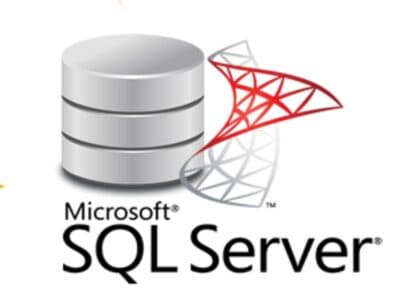Sql
Elevate Data Management: Mspire's SQL Server
Mspire's Tailored Solutions for Microsoft SQL Server Ignite the Strengths of Data Management.
SQL Server
Data Facilitating with Mspire's SQL Server
Prepare to enter the dynamic world of SQL Server with Mspire! Microsoft's sophisticated relational database management system is your gateway to efficient data storage and retrieval.
Mspire features a choice of customizable versions to fit your individual expectations, whether you're an independent app or a large-scale internet-facing platform. Adopt the Microsoft SQL Server platform and let Mspire guide you through your data journey!


Mspire's Customizable Solutions for Microsoft SQL Server Energise Data Administration.


Prepare to enter the constantly changing environment of SQL Server with Mspire! This exceptionally successful database management system for relational databases
Thinking Beyond Boundaries
The Backbone of Data Management: Exploring the Power of SQL
Structured Query Language (SQL) stands as the cornerstone of modern data management, providing a standardized approach for interacting with and manipulating relational databases. Its ubiquity and versatility have solidified SQL as an essential skill for developers, analysts, and businesses across various industries. In this article, we delve into the fundamentals of SQL, its key features, and its transformative impact on the way we handle and derive insights from data.
- Scalability and Performance
- Data Aggregation
- Safety & Security
Advantages
MYSQL Key Features and Advantages
Migrating your website to Google Cloud Platform can yield numerous benefits, from improved scalability and performance to enhanced security and access to advanced services.

Data Querying
The primary function of SQL is to query data from databases. With the SELECT statement, users can retrieve specific columns and rows of data based on various conditions.

Data Integrity
SQL enforces data integrity through constraints such as primary keys, foreign keys, and unique constraints, ensuring that the data remains accurate and consistent.

Data Manipulation
SQL empowers users to modify, insert, update, and delete data within databases. The INSERT, UPDATE, and DELETE statements are used for these tasks.

Data Aggregation
SQL provides functions for aggregating data, allowing users to calculate sums, averages, counts, and other summary statistics.

Data Definition
SQL is also used to define the structure of the database, including creating tables, defining constraints, and establishing relationships between tables using

Data Sorting and Filtering
SQL enables users to sort query results in ascending or descending order and filter results based on specific conditions using the ORDER BY and WHERE clauses.





